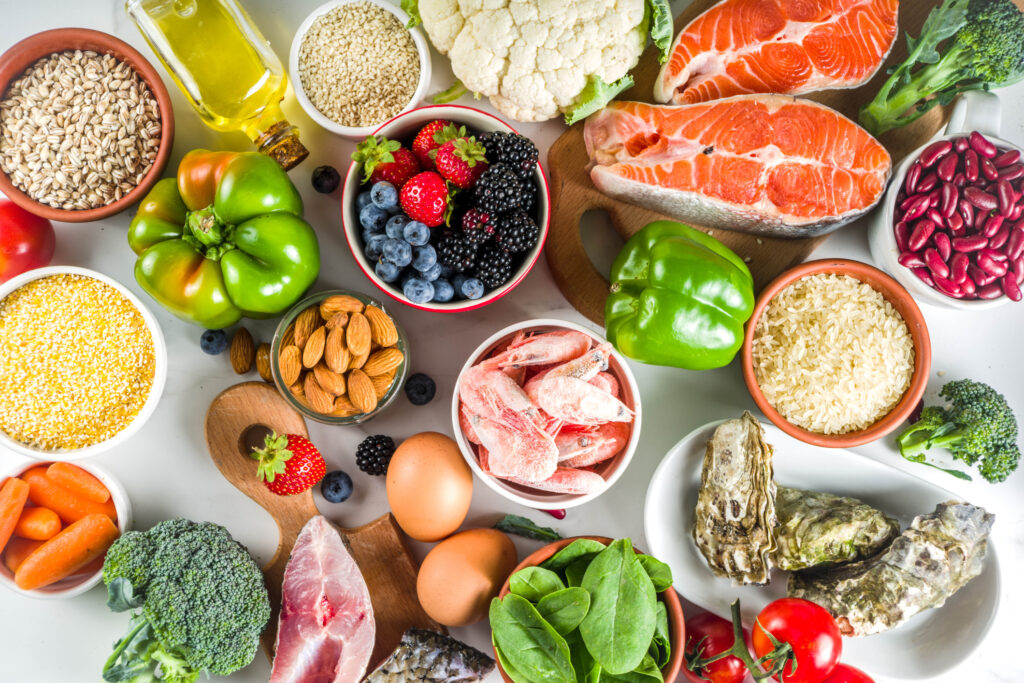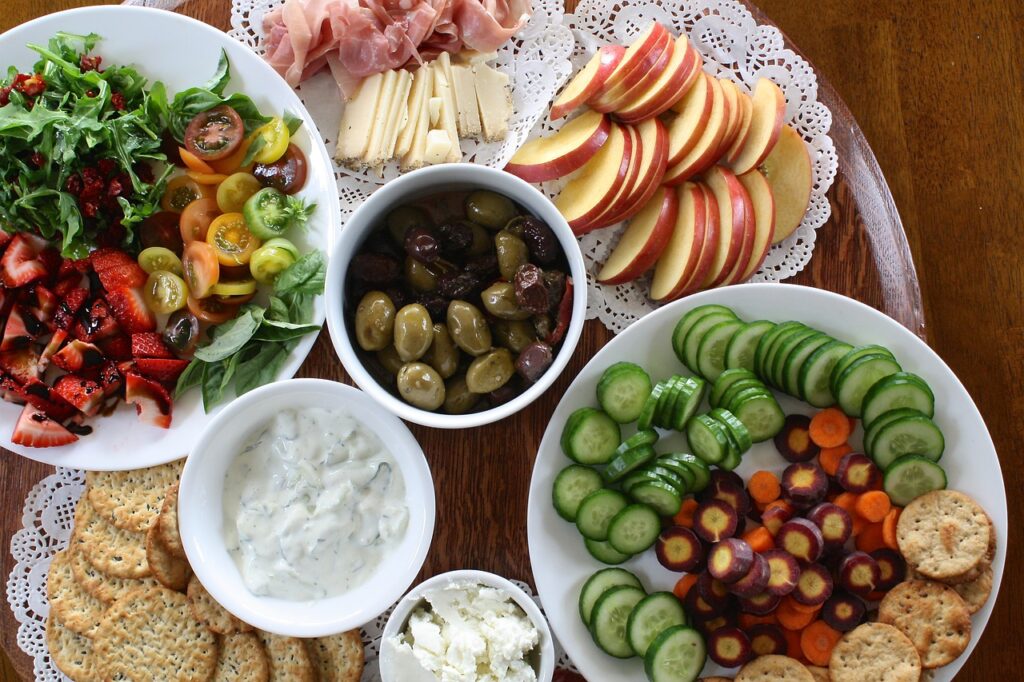
Must have Foods for more Energy and Vitality after 50’s. A combination of changes to your hormones and metabolism can mean that your dietary needs start to change in your 50’s. Some foods can become super crucial at this stage of your life.
Do you wonder what foods should be a big part of your diet once you hit your 50’s? According to studies, these foods are a must for having more energy and better health as you get older!
Beans
Beans packed with fiber and protein are considered heart-healthy food and perfect for keeping energy levels stable throughout the day.
You can try adding beans to stews, soups, pasta dishes, and curries to increase your intake and get the benefits.
Apples
Want to protect your heart health? You want to eat an apple a day! A reasonably large apple gives you up to 5g of fiber, which is excellent for your heart and digestion.
Research has also linked[1] apple to lower total and LDL cholesterol levels in older women for better cardiovascular health. And according to a 2013 study, eating apples every day can cut your risk factor for type 2 diabetes.
Snacking on an apple a day can have some significant health benefits!
Oats
Oats packed with a soluble fiber called beta-glucan can help to reduce total and LDL cholesterol levels by up to 10%. So if you’re worried about your cholesterol levels, you’ll want to get more oats in your life!
There’s even better news as far as oats are concerned. According to studies, eating oats (and whole grains in general) can help to cut your risk of premature death.
Porridge is the obvious choice for getting more oats in your diet, but you can also use them in baking.
It’s not just oats, though whole grains, in general, are super important in a healthy diet and have the same benefits.
Eat plenty of whole grains to keep your blood sugar levels stable. If you regularly feel the dreaded mid-afternoon energy slump, it’s probably because your blood sugar levels are starting to dip.
Fatty Fish
Fatty fish such as salmon and mackerel are a great source of omega-three fatty acids. As well as being super important for healthy cognition as you get older, omega 3s also have significant benefits for cholesterol. For women going through menopause, fatty acids can also help manage symptoms such as hot flashes.
Fatty fish is also one of the few dietary sources of vitamin D. Many people are deficient in this nutrient, and low levels can affect your energy levels.
Ideally, you want to be eating fatty fish a couple of times per week. However, some fatty fish are high in mercury, especially swordfish and sharks. Therefore, they recommended that you cut down on these types of fish often because of the mercury content.
If you’re vegetarian or just not a big fan of fish, walnuts are a great plant-based source of omega-three fatty acids.

Nuts
Nuts are a great source of magnesium, which naturally depletes as you get older. Low energy means low magnesium level. Snacking on a handful of nuts can help to boost your magnesium levels and provide a natural energy boost. Please don’t go overboard with the number of nuts you eat, as they can be high in fat. It is a good kind of fat, but it’s still fat, after all!
Nuts can also be a good source of vitamin E. Studies have linked high levels of vitamin E to a lower risk of cognitive decline and may even cut your risk factor for developing Alzheimer’s disease.
And a Few More Foods That Can Help!
Soy
For women going through menopause, soy products can be super important. Research has indicated that eating plenty of soy isoflavones can help to reduce the intensity of menopause symptoms. If you’re not familiar with soy isoflavones, these are plant estrogens that mimic the effects of estrogen. Hot flashes are just one of the menopause symptoms that can reduce with a soy-rich diet. And as another bonus – soy is linked to lower cholesterol levels.
Dark chocolate
The cacao content in dark chocolate can provide a magnesium boost, which means more energy. Just make sure that it’s the type with plenty of cacao, so you’re not just eating tons of sugar and fat!
Pumpkin seeds
Worried about your iron levels as you get older? You don’t need as much iron once you go through menopause (thanks to the lack of menstruation), but anemia can still be a problem for some women. According to research, your anemia risk can go up with age. Snacking on pumpkin seeds can give you an easy iron boost.
